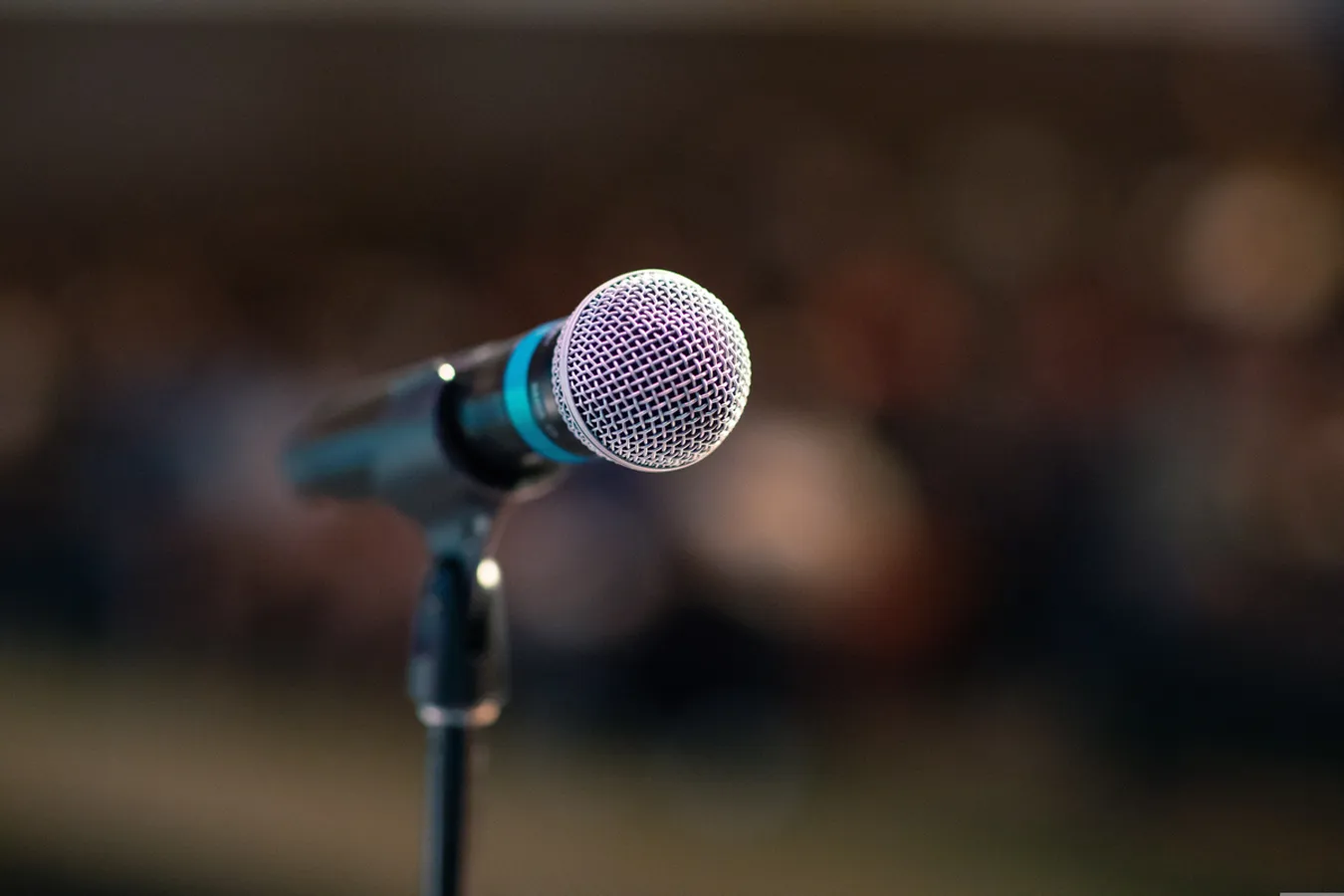Talk: Are we even invited? 12:00 – 12:20
Dennis Chiponda interviewed by Valerie Schönian
Not everyone has the same fond memories of the fall of the Berlin Wall. While it was indeed the happy end to the division of Germany for many people, the 1990s were also a very violent decade marked by racism, right-wing extremism and a vicious misuse of baseball bats. How do those people whose experiences are often overlooked by the common narrative regard this anniversary?
Valerie Schönian was born in Gardelegen, East Germany, in 1990 and grew up in Magdeburg, also in the GDR. Today, she works at the Leipzig office of DIE ZEIT and is the author of the book Ostbewusstsein (tr. East German consciousness).
Dennis Chiponda was born to contract labourers in the East German region of Lusatia in 1991. Soon after moving to the West to study, he discovered his East German identity and eventually returned to the East. Today, he lives in Leipzig and takes an intersectional approach to topics such as East Germany, racism and classism.
Talk: Are we even invited? 12:40 – 13:00
Katharina Warda interviewed by Valerie Schönian
Katharina Warda is a German author, journalist and social scientist who deals intensively with topics such as East Germany, racism and social identity. Born and raised in the former GDR, her work combines personal experiences with socio-political analyses.
Talk: Are we even invited? 13:20 – 13:40
Neco Çelik interviewed by Valerie Schönian
Neco Çelik is a German film and theatre director with Turkish heritage. He is known for his creating works that provide insight into the lives of migrants and the urban landscape of Berlin. Born in Berlin in 1972, he began his career initially as a graffiti artist and rapper before turning his attention to film.
Talk: Sign Stories, 14:40 – 15:00
Interviews with makers of the signs involved in the open-air installation
The thousands of signs created in workshops over the past few months reflect a diversity of opinions and experiences. Who are the people behind these signs? What moved them to participate? What are the stories and demands that inspired their signs?
Talk: East German Vita – The fall of the Wall and the children of that era, 15:20 – 15:40
East-Fluencer Olivia Schneider interviewed by Aron Boks
Children born after the fall of the Wall only know about the division of Germany from stories and historical documents. What role do the fall of the Wall and the time before and immediately after it play for children born after the fall of the Wall today? How does knowledge of this history influence their sense of identity?
Olivia Schneider was born in Dresden in 1996. She first studied fine arts and then social work. As a self-proclaimed East-Fluencer, she explores the different facets of East Germany and her own identity as part of the post-unification generation.
Aron Boks was born in Wernigerode in 1997. Today, he is a Berlin-based slam poet, author and moderator. In 2023, he published a book called Nackt in die DDR. Mein Urgroßonkel Willi Sitte und was die ganze Geschichte mit mir zu tun hat (tr. Naked in the GDR: My great-uncle Willi Sitte and what the whole story has to do with me).
Talk: East German Vita – The fall of the Wall and the children of that era, 16:00 – 16:20
Dr. Daniel Kubiak interviewed by Aron Boks
Daniel Kubiak was born in 1982 and today is a social scientist at the Berlin Institute for Empirical Integration and Migration Research. Also raised in Berlin, Kubiak now carries out research into post-unification identity, the East German migration society and the politics of remembrance.
Music: SIND UNPLUGGED, 17:50 – 18:00
Songs about growing up in the eastern part of the city
The members of the Berlin band SIND are known for singing about their youth in the eastern part of the city. For this special occasion, they will present some of their songs in unique acoustic versions.
Talk: Grenzgänger – Mark Reeder in conversation with Sophia Wetzke, 18:30 – 19:00
How a young British man smuggled punk into the GDR and what the Stasi knew about it
For decades now, Mark Reeder has been influencing the Berlin music scene as a musician, label owner, concert organiser and producer. In 1978, he made his way from Manchester, England, to the divided city and ended up travelling regularly between East and West Berlin. When he was in East Berlin, he would seek out punk and underground bands, which meant that the Stasi became interested in him very early on. Undeterred by any prohibitions or possible consequences, Reeder continued to smuggle cassettes into the GDR and even organised two secret concerts in East Berlin by the West German punk band Die Toten Hosen.
On the occasion of the 35th anniversary of the fall of the Wall, Reeder will take to the stage to talk to Sophia Wetzke about the motives behind these youthful actions, their meaning for young people in East Berlin and what exactly was at stake for punks in the GDR. Wetzke is the host of a 13-episode German-language podcast called “Grenzgänger – Die Geschichte des Berlin-Sounds” (tr. Border walkers – The history of the Berlin sound), which delves into four decades of music history on both sides of the Wall and features a soundtrack that captures the zeitgeist of both then and now.
Social Media
